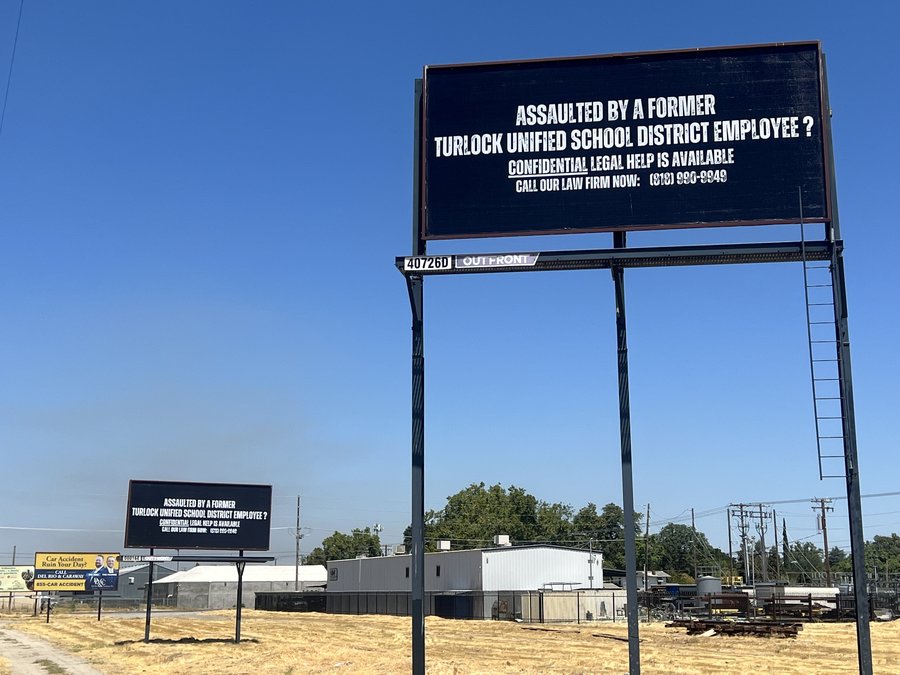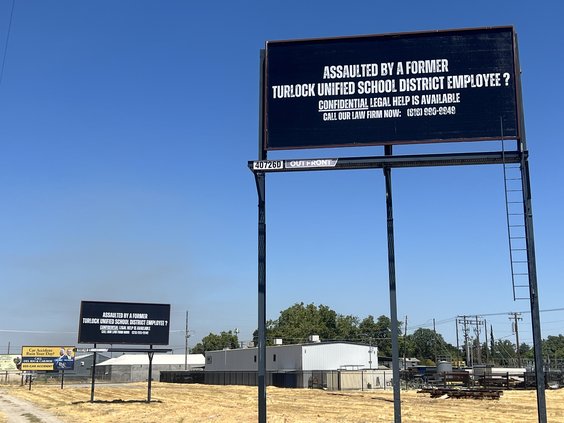The area’s mosquito abatement districts are already busy at work in trying to tamp down the mosquito population in the wake of a year that saw one of the largest number of West Nile Virus cases in state history.
California had the second-highest number of human cases of West Nile virus in 2014 since the virus first invaded California in 2003. In 2014, California recorded 801 cases of the potentially fatal disease. In 2005, the California Public Health Department detected 880 cases of West Nile Virus.
Not only was the activity level high, but the number of serious cases and fatalities set new records, according to the CDPH. In 2014 there were a record number of deaths from West Nile Virus, with 31 fatalities, and 561 cases of the West Nile neuroinvasive disease, which is the more serious neurological form of the disease often resulting in encephalitis or meningitis.
Within Stanislaus County there were two fatalities and 38 cases of the neuroinvasive form, the Stanislaus Health Services Agency reported.
The state also reported finding a larger portion of the mosquito and bird populations infected with the West Nile Virus, a potential symptom of the ongoing drought.
“As birds and mosquitoes sought water, they came into closer contact and amplified the virus, particularly in urban areas. The lack of water could have caused some sources of water to stagnate, making the water sources more attractive for mosquitoes to lay eggs,” said CDPH Director and State Health Officer Dr. Karen Smith.
The California State Legislature has declared the week of April 19th as “West Nile Virus and Mosquito and Vector Control Awareness Week”. Stanislaus County health officials have announced mosquito surveillance and control activities have been initiated by Eastside Mosquito Abatement District and Turlock Mosquito Abatement District.
“The mild winter weather in 2014 allowed mosquitoes and virus to have a head start in becoming established. With similar conditions this past winter, we are concerned 2015 could be another year with high West Nile Virus activity,” said David Heft, general manager of the Turlock Mosquito Abatement District. “We need the public to help by dumping out any standing water and reporting neglected swimming pools to their district.”
The mild winter and warm spring is also helping the mosquito population grow. The Turlock Mosquito Abatement District’s annual report indicates populations of mosquitoes were becoming active earlier in 2014. Heft said the District was vigilant in identifying breeding sources and were able to keep the population below the five-year average for most of the season.
To aid in the detection of mosquito breeding, the Turlock Mosquito Abatement District has just completed an aerial survey targeting neglected swimming pools and other sources of backyard mosquito-breeding. District staff is busy inspecting hundreds of swimming pools that can produce mosquitoes which transmit West Nile virus. With warmer temperatures, conditions can change rapidly; so, the public is asked to continue to report neglected pools or any other mosquito-breeding activity.
Residents are urged to play their part by eliminating standing water on their property and informing their local mosquito abatement district if they are being bitten by mosquitoes. West Nile virus has already been detected within California this year, most notably in Alameda, Santa Clara and Los Angeles counties.
In addition, residents are also urged to continue to report dead birds to the West Nile Virus state hotline:
1-877-968-2473. Reports may also be made online at www.westnile.ca.gov. Dead bird reports are an important tool for West Nile virus detection, even if the bird is not picked up and tested. Lack of dead bird reports decreases the ability to detect higher risk locations.
Residents are urged to help reduce their risk of contracting mosquito-borne diseases by following these guidelines:
• Dump or drain standing water. Mosquitoes can't begin their life without water.
• Defend yourself against mosquitoes using repellents containing DEET, Picaridin, or Oil of Lemon Eucalyptus.
• Avoid being outdoors when mosquitoes are present, typically dawn and dusk.
• Report neglected swimming pools by calling your local mosquito abatement district.
Anonymous calls accepted.









